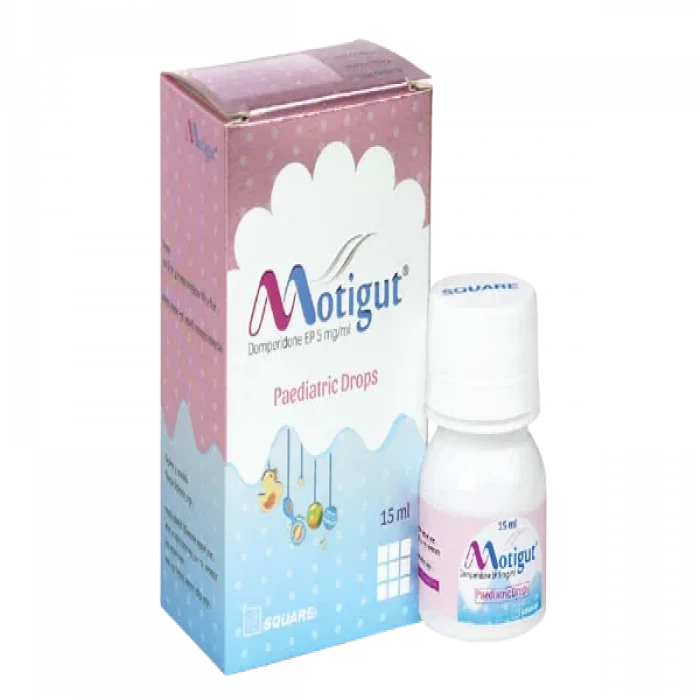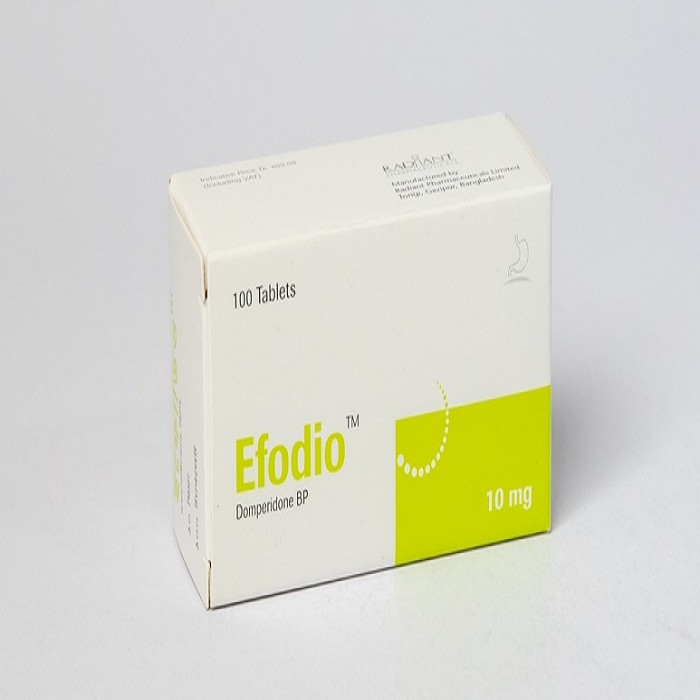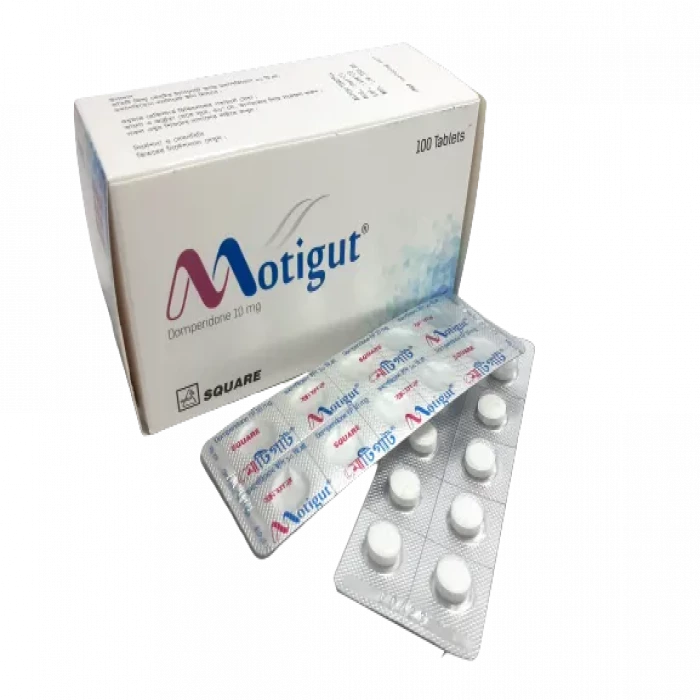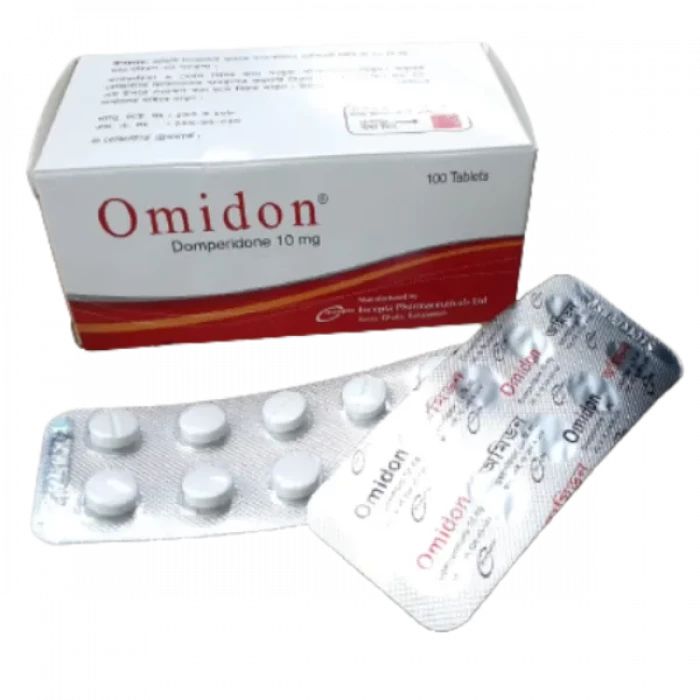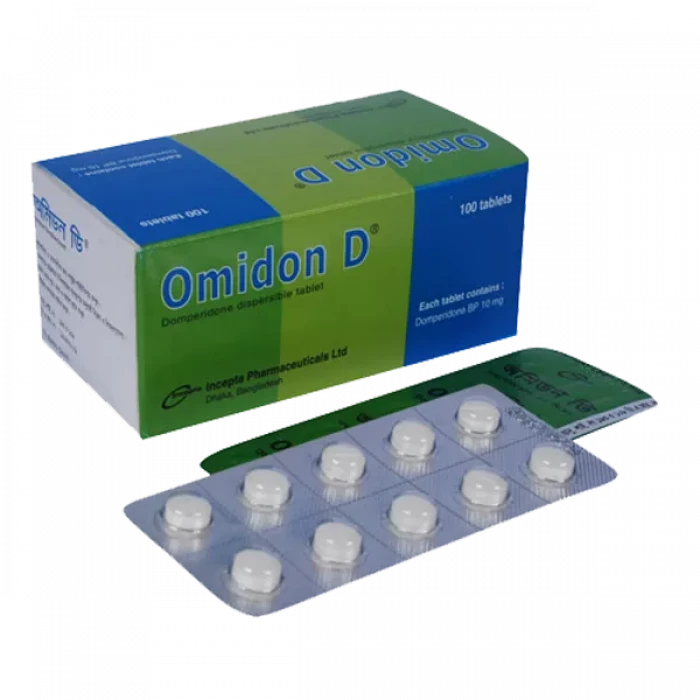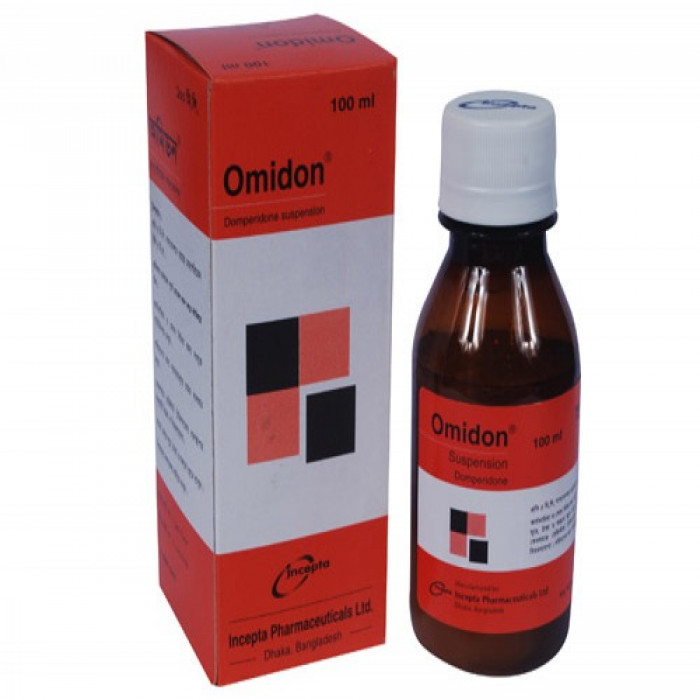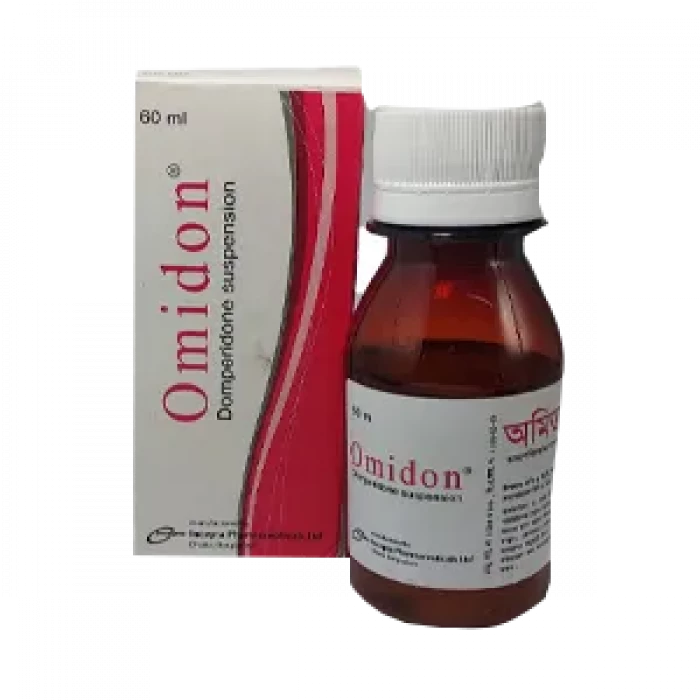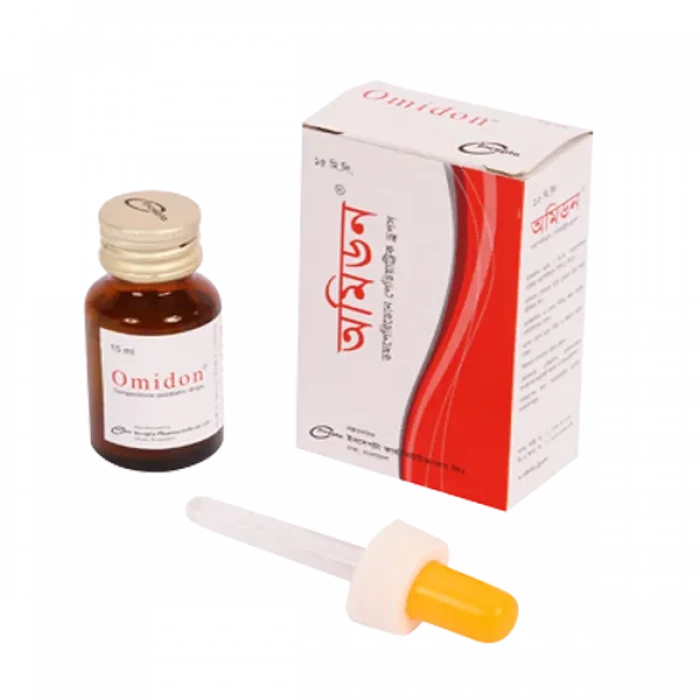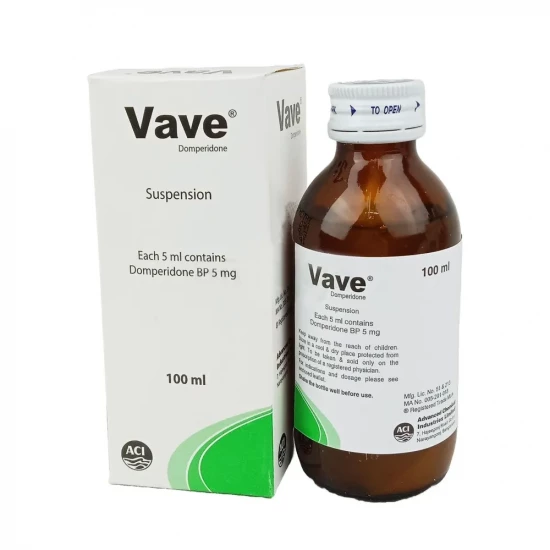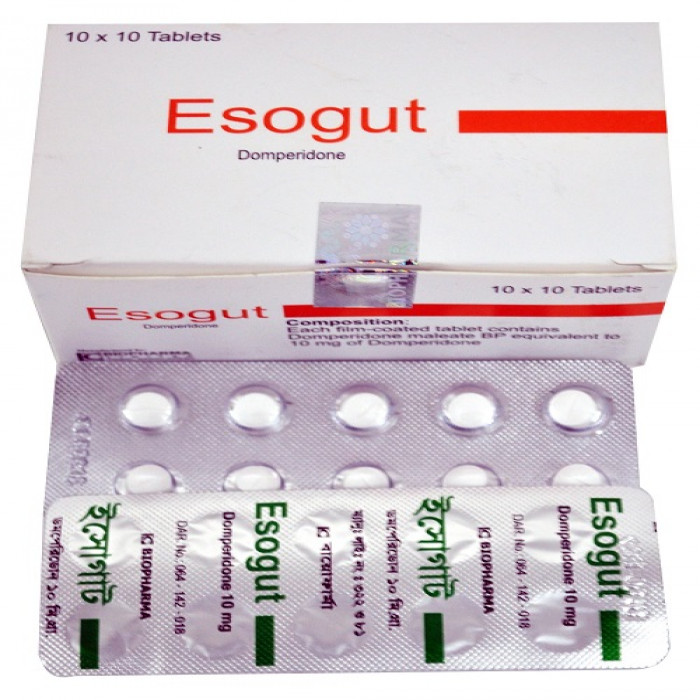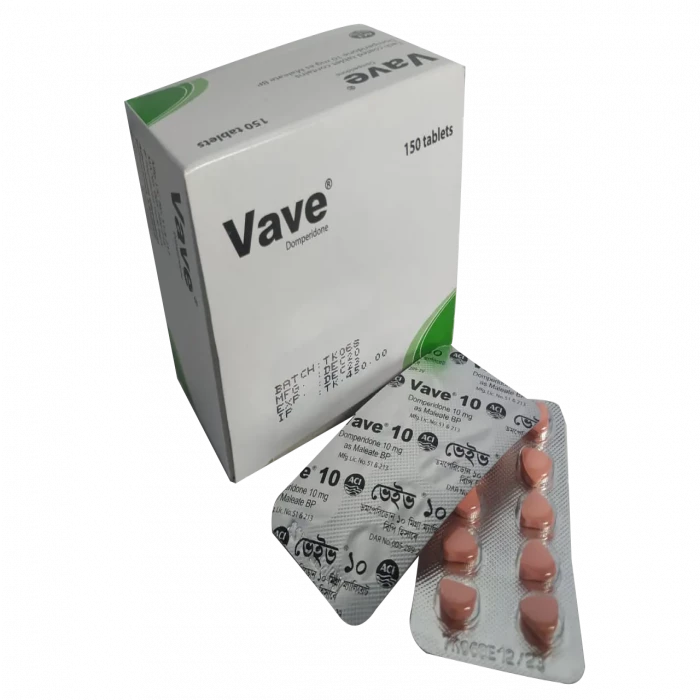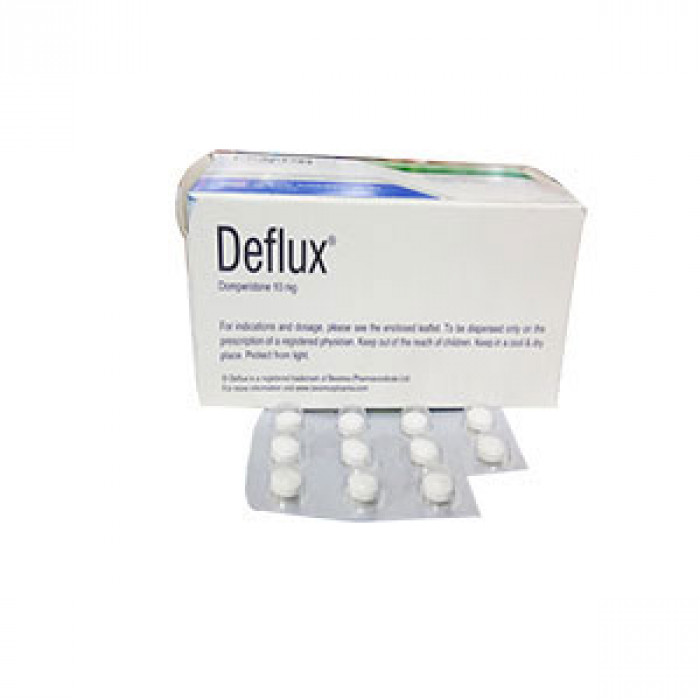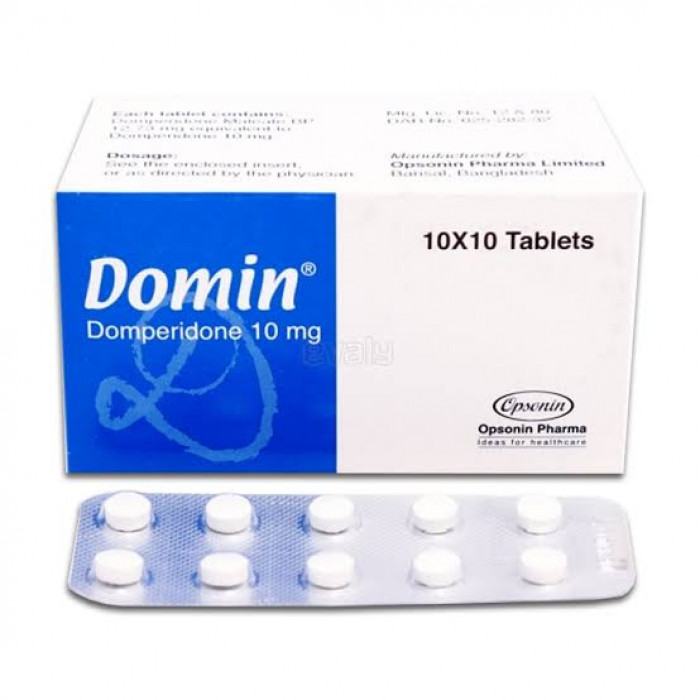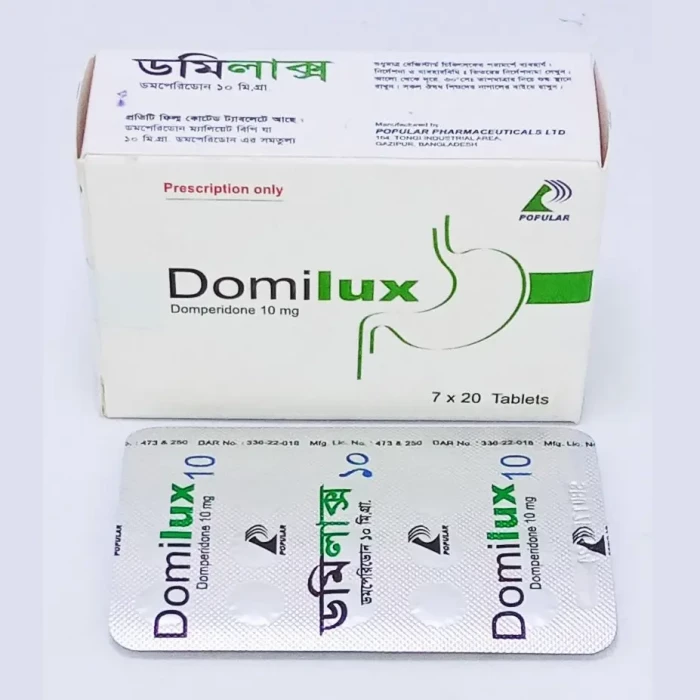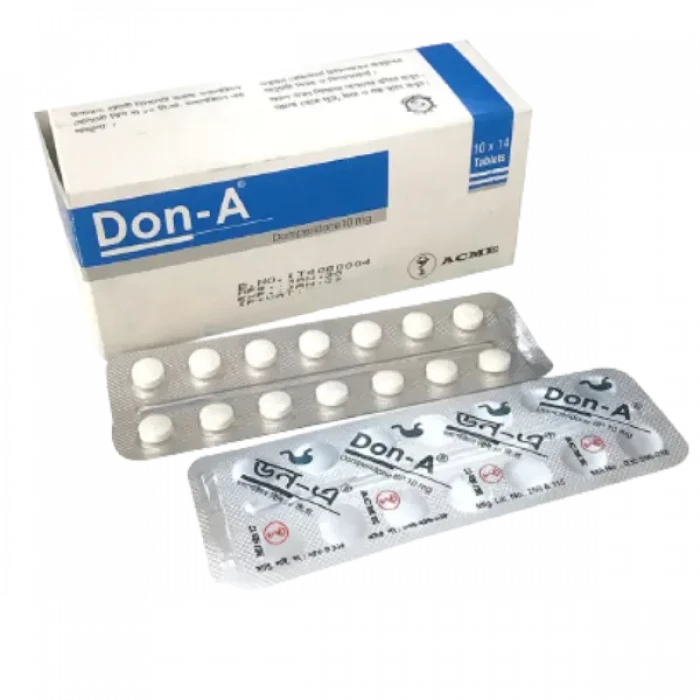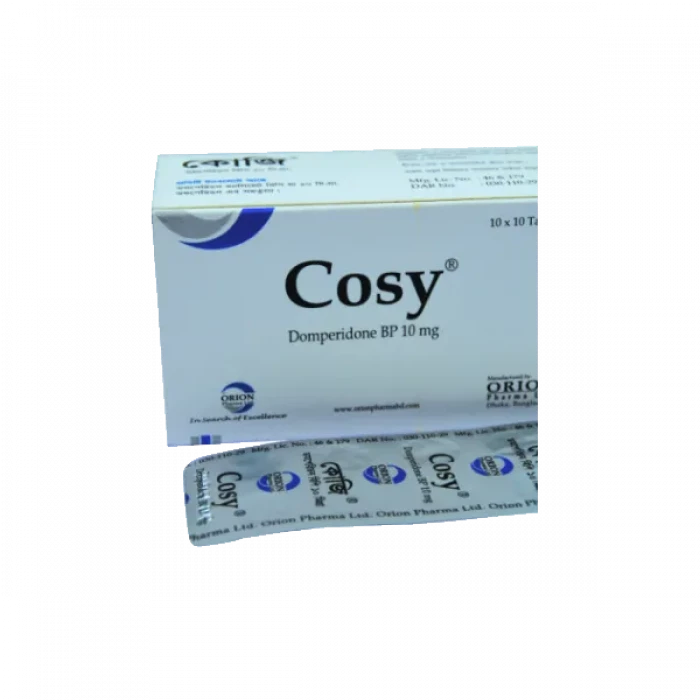
✔ 100% Authentic Product
👁️ Currently Viewing 1655
Manufacturer/Distributor: Orion Pharmaceuticals Ltd.
Generic Name: Domperidone Maleate 10 mg Cap.
Discount
Price: ৳ 24
MRP:
৳
25.08
5%
Off

100% Genuine Products, Guaranteed

Safe & Secure Payments, Always

Fast, Secure & Efficient Delivery

Proper Packaging
 Cash on Delivery - All over Bangladesh
Cash on Delivery - All over Bangladesh Regular Delivery - 12-24 Hours, Dhaka City* Charge Tk.39-59
Regular Delivery - 12-24 Hours, Dhaka City* Charge Tk.39-59 Regular Delivery - 24-48 Hours, Other Cities* Charge Tk.99-110
Regular Delivery - 24-48 Hours, Other Cities* Charge Tk.99-110
🌙 রমযান অফার 🌙
 ফ্রি ডেলিভারিঃ - ৭৯৯ টাকা+ অর্ডারে, ঢাকা
শহরে
ফ্রি ডেলিভারিঃ - ৭৯৯ টাকা+ অর্ডারে, ঢাকা
শহরে ফ্রি ডেলিভারিঃ - ২৭৯৯ টাকা+ অর্ডারে, ঢাকার
বাহিরে
ফ্রি ডেলিভারিঃ - ২৭৯৯ টাকা+ অর্ডারে, ঢাকার
বাহিরে
📲 মোবাইল অ্যাপ অর্ডারে সাশ্রয় বেশী
-
Google Play Store থেকে ডাউনলোড
-
Apple Store থেকে ডাউনলোড
100% Genuine Products, Guaranteed
Safe & Secure Payments, Always
Fast, Secure & Efficient Delivery
Proper Packaging
 Cash on Delivery - All over Bangladesh
Cash on Delivery - All over Bangladesh Regular Delivery - 12-24 Hours, Dhaka City* Charge Tk.39-59
Regular Delivery - 12-24 Hours, Dhaka City* Charge Tk.39-59 Regular Delivery - 24-48 Hours, Other Cities* Charge Tk.99-110
Regular Delivery - 24-48 Hours, Other Cities* Charge Tk.99-110 ফ্রি ডেলিভারিঃ - ৭৯৯ টাকা+ অর্ডারে, ঢাকা
শহরে
ফ্রি ডেলিভারিঃ - ৭৯৯ টাকা+ অর্ডারে, ঢাকা
শহরে ফ্রি ডেলিভারিঃ - ২৭৯৯ টাকা+ অর্ডারে, ঢাকার
বাহিরে
ফ্রি ডেলিভারিঃ - ২৭৯৯ টাকা+ অর্ডারে, ঢাকার
বাহিরে- Google Play Store থেকে ডাউনলোড
- Apple Store থেকে ডাউনলোড
🌙 রমযান অফার 🌙
📲 মোবাইল অ্যাপ অর্ডারে সাশ্রয় বেশী
✅ Description:
Cosy is a prescription medicine used in the treatment of indigestion, nausea and vomiting. It blocks the substance on the brain that triggers nausea or vomiting and it also increases the movement of food in the stomach, thereby improves digestion. Cosy is taken before meals in a dose and duration as advised by the doctor. The dose you are given will depend on your condition and how you respond to the medicine. You should take this medicine until your doctor tells you to stop. Let your doctor know about all other medications you are taking as some may affect, or be affected by this medicine. The most common side effects are headache, dry mouth, and stomach pain. Most of these are temporary and usually resolve with time. Contact your doctor straight away if you are at all concerned about any of these side effects. It also causes dizziness and sleepiness, so do not drive or do anything that requires mental focus until you know how this medicine affects you. Avoid drinking alcohol while taking this medicine as it can worsen your sleepiness. This medicine may also cause diarrhea, so it is better to take plenty of fluids while taking this medicine as it may help to prevent dehydration. Before taking this medicine you should let your doctor know if you have liver or kidney problems. You shouldn't take it at the same time as an antacid. Pregnant women should also consult their doctor. You should avoid this medicine if suffering from bleeding ulcers of stomach.
Uses of Cosy
- Indigestion
- Nausea
- Vomiting
Side effects of Cosy
Common
- Headache
- Dryness in mouth
- Stomach pain
- Diarrhea
How to use Cosy
Take this medicine in the dose and duration as advised by your doctor. Swallow it as a whole. Do not chew, crush or break it. Cosy is to be taken empty stomach.
How Cosy works
Cosy is a prokinetic. It works on the region in the brain that controls vomiting. It also acts on the upper digestive tract to increase the movement of the stomach and intestines, allowing food to move more easily through the stomach.
What if you forget to take Cosy?
If you miss a dose of Cosy, take it as soon as possible. However, if it is almost time for your next dose, skip the missed dose and go back to your regular schedule. Do not double the dose.

Quick Tips
- Cosy helps relieve nausea, vomiting and indigestion.
- It should be taken before meals as per the dose and duration prescribed by your doctor.
- It may cause dizziness and sleepiness. Do not drive or do anything that requires mental focus until you know how it affects you.
- Avoid consuming alcohol when taking Cosy as it may cause excessive drowsiness.
- Dry mouth may occur as a side effect. Frequent mouth rinses, good oral hygiene, increased water intake and sugarless candy may help.
- Inform your doctor if you get watery diarrhea, fever, or stomach pain that does not go away.
- Do not take it for longer than 7 days without consulting your doctor.

Brief Description
Indication
Gastritis, Lactation, Migraine, Nausea and vomiting, Gastroparesis, Non ulcer dyspepsia
Administration
Should be taken on an empty stomach. Take 15-30 min before meals.
Adult Dose
Oral Adults: Nausea and vomiting 10-20 mg 4-8 hrly. Max: 80 mg/day. Non ulcer dyspepsia 10 mg 3-4 times daily. Max: 20 mg 3-4 times daily. Last dose to be taken at bedtime. Migraine 20 mg 4 hrly. Max: 4 doses/24 hr. Rectal: Nausea and vomiting 60 mg twice daily. Elderly: No dosage adjustment needed. Hepatic impairment: No dosage adjustment needed.
Child Dose
Oral Children : 0.2 - 0.4 mg/kg every 4 - 8 hours daily. Rectal Child: <12 yr >15 kg: 30 mg bid; >12 yr >35 kg: 60 mg bid.
Renal Dose
Renal impairment: Mild to moderate: No dosage adjustment needed. Severe: Reduce dosing to 1-2 times daily w/ prolonged treatment.
Contraindication
Hypersensitivity. GI haemorrhage, obstruction and perforation, patients with prolactin releasing pituitary hormone, chronic admin or routine prophylaxis of postoperative nausea and vomiting.
Mode of Action
Domperidone is a peripheral dopamine-receptor blocker. It increases oesophageal peristalsis, enhances gastroduodenal coordination and lowers oesophageal sphincter pressure, gastric motility and peristalsis, thus facilitating gastric emptying and decreasing small bowel transit time.
Precaution
Phaeochromocytoma; children<2 yr, elderly; renal or hepatic impairment. Risk of cardiac arrhythmias and hypokalaemia if administered IV. Pregnancy and lactation.
Side Effect
Drowsiness, extrapyramidal reactions, galactorrhoea, gynaecomastia; constipation or diarrhoea, lassitude, decreased libido, skin rash, itch. Potentially Fatal: Convulsions, arrhythmias and cardiac arrest, dysrrhythmias in patients with CV disease or hypokalaemia, patients on cancer chemotherapy. Seizures; hypertensive crisis in patients with phaeochromocytoma.
Interaction
May antagonise the hypoprolactinaemic effect of bromocriptine. May antagonise the prokinetic effect w/ opioid analgesics and antimuscarinics. Potentially Fatal: Potent CYP3A4 inhibitors (e.g. ketoconazole, erythromycin or ritonavir) may increase serum domperidone levels and subsequently increasing the risk of QT prolongation.
⚠️Disclaimer:
At ePharma, we’re committed to providing accurate and accessible health information. However, all content is intended for informational purposes only and should not replace medical advice from a qualified physician. Please consult your healthcare provider for personalized guidance. We aim to support, not substitute, the doctor-patient relationship.




